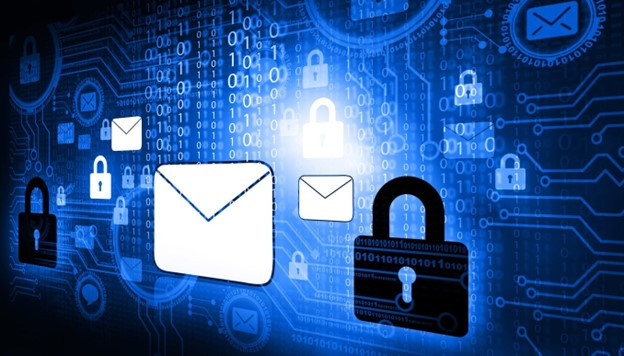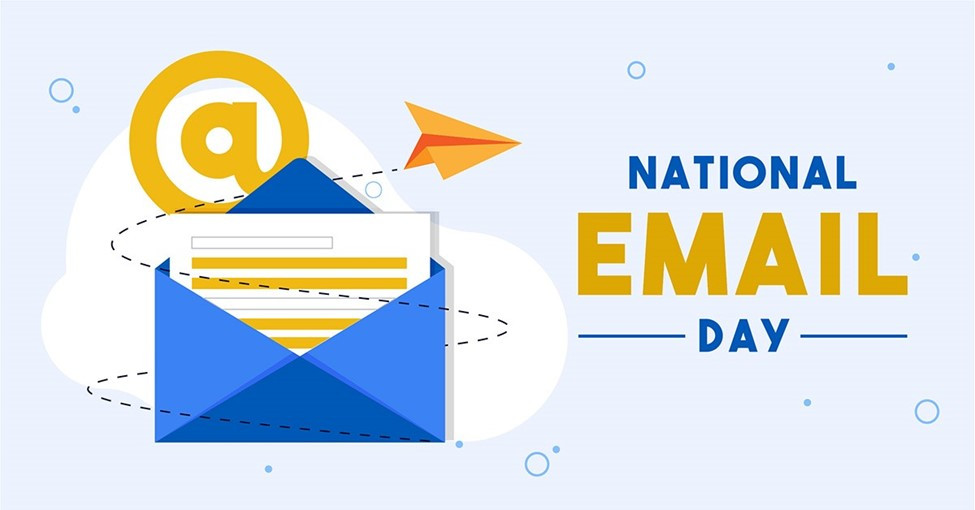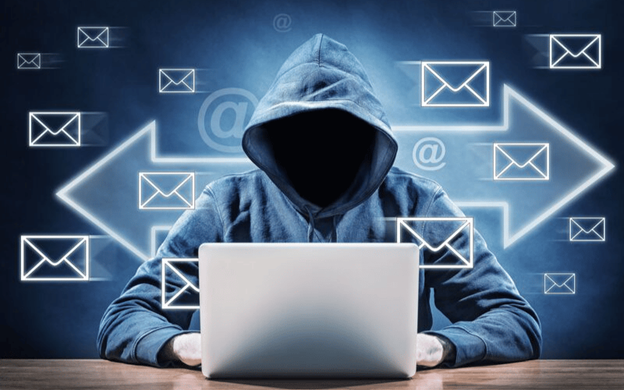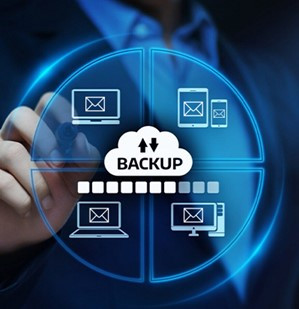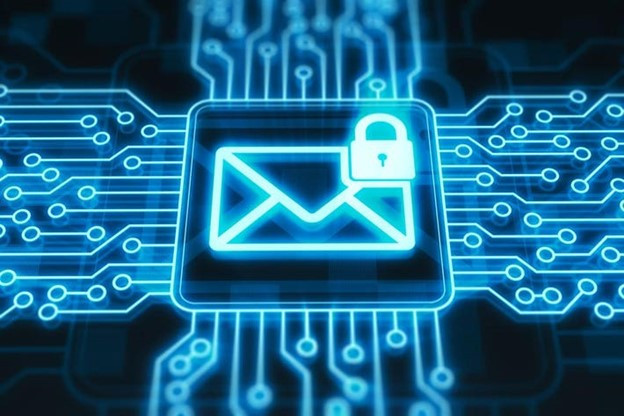InTegriLogic Blog
In today's world of cyber threats, email security is more important than ever. One of the most common types of email fraud is phishing, where attackers impersonate legitimate businesses or individuals to steal sensitive information. To protect your organization from these types of attacks, DMARC and DKIM are essential tools to improve your email security.
What is Business Email Compromise (BEC)?
Business Email Compromise (BEC) is a scam where cybercriminals impersonate a trusted person, like your CEO or a vendor, to trick your employees into sending money or sensitive information. It’s different from phishing because it targets your business with social engineering.
Microsoft 365 (O365) has become a staple for businesses, offering seamless email, collaboration tools, and cloud storage. However, one crucial aspect many businesses overlook is the need for O365 email backup. While O365 provides a basic data retention policy, it doesn’t offer the same protection against data loss as a dedicated backup solution.
Microsoft 365 (O365) is one of the most popular email platforms, but it doesn’t offer full protection against accidental deletions, data corruption, or malicious attacks. While O365 provides basic data retention, it doesn't back up your emails in the way a comprehensive backup solution does. That’s why O365 email backup is a must for businesses looking to keep their data secure and easily recoverable.

